The Hidden Truth About Fat Burners: What Science Really Says
The Weight Loss Mirage You’ve Been Sold
You’ve tried the workouts. You’ve eaten the salads. You’ve skipped dessert more times than you care to count. And yet, the scale barely budges. Then comes the advertisement: a lean, shredded physique, a bottle of pills in hand, promising effortless fat loss. Sound familiar?
Fat burners have long been sold as the missing piece in your weight loss journey. But here’s the truth: the science tells a different story. Before you spend another dollar or swallow another capsule, let’s break down the reality behind fat burners—what they are, how they work (if they do), and what you should know to make the smartest choice for your health.
Table of Contents
What Are Fat Burners?
Understanding the Basics
Fat burners are dietary supplements designed to accelerate your body’s fat-burning processes. You’ll find them in various forms—pills, powders, drinks, and even teas. They’re often marketed as metabolism boosters, appetite suppressants, or energy enhancers.
Main Types of Fat Burners
Here’s a quick breakdown of the most common types you’ll see:
- Thermogenics: These claim to raise your internal temperature to boost calorie burn (e.g., caffeine, green tea extract).
- Appetite Suppressants: Ingredients like glucomannan or 5-HTP help reduce hunger and cravings.
- Carb Blockers: Designed to prevent carb absorption (e.g., white kidney bean extract).
- Fat Blockers: Inhibit fat digestion (e.g., orlistat).
- Stimulant-Free Options: Natural choices without caffeine, often featuring plant-based compounds.
Most fat burners are blends, combining several of the above to maximize perceived effectiveness.
How Do Fat Burners Claim to Work?
The Marketing Promises
The packaging might promise to:
- “Boost metabolism by 300%”
- “Torch belly fat”
- “Suppress your appetite”
- “Skyrocket your energy”
Sounds too good to be true? That’s often because it is.
Do They Actually Deliver?
Let’s ground this in reality:
- Caffeine: One of the most studied thermogenics. It can increase metabolic rate by about 3-11%, but the effect diminishes with regular use.
- Green Tea Extract (EGCG): Modest fat oxidation benefits, especially in combination with caffeine.
- CLA (Conjugated Linoleic Acid): May support fat loss but can also cause gastrointestinal discomfort.
The takeaway: results vary, and even the best fat burners offer only modest improvements. Think inches, not dramatic transformations.
The Science Behind Fat Burners
Thermogenics and Metabolism
Thermogenic ingredients aim to increase your resting metabolic rate. Studies show:
- Caffeine: Can enhance lipolysis (fat breakdown), especially during exercise.
- Capsaicin (from chili peppers): May slightly increase calorie burn and reduce appetite.
- Yohimbine: Might help with stubborn fat areas but is associated with anxiety and heart palpitations.
Appetite Suppression & Cravings
These ingredients work on the hunger hormones:
- Glucomannan: Expands in your stomach, promoting satiety.
- 5-HTP: A precursor to serotonin, may reduce emotional eating.
- Protein and fiber: Natural suppressants that stabilize blood sugar.
The Placebo Effect
Believe it or not, the way you feel about a fat burner often plays a role:
- Increased energy = more movement = more calorie burn
- Feeling in control = improved eating habits
But is it the supplement—or your mindset doing the work?
Are Fat Burners Safe?
Common Side Effects
You may experience:
- Jitters
- Rapid heartbeat
- Anxiety or restlessness
- Digestive issues
- Insomnia
These are typically linked to stimulant-based fat burners like caffeine and synephrine.
Dangerous Ingredients to Avoid
Some compounds have been banned or flagged by the FDA:
- Ephedra: Banned due to severe cardiovascular risks
- DMAA: Linked to heart attacks and high blood pressure
- Synephrine: Still legal, but risky when combined with caffeine
Always read the label. If you can’t pronounce it or don’t recognize it—research it before you take it.
Regulatory Oversight
Unlike medications, supplements are not tightly regulated by the FDA. This means:
- No requirement to prove effectiveness before hitting the shelves
- Inconsistent dosages between products
- Risk of contamination or undeclared ingredients
Natural Alternatives to Fat Burners
Whole Foods That Support Fat Loss
You don’t need pills when your kitchen can help:
- Protein-rich meals: Increase satiety and metabolic rate
- Green tea: Natural fat oxidation support
- Spicy foods: Boost thermogenesis
- Apple cider vinegar: May help with blood sugar control and appetite
Effective Lifestyle Changes
No supplement beats consistent habits:
- HIIT and strength training: Proven to burn fat and build muscle
- Sleep: Poor rest increases cortisol and hunger hormones
- Stress management: Reduces emotional eating and hormonal imbalances
Sample Fat-Burning Meal Plan
Here’s a clean, whole-foods-based daily plan to encourage fat burning:
| Meal | Ingredients | Calories |
|---|---|---|
| Breakfast | Oats, chia seeds, blueberries, almond milk | 320 kcal |
| Lunch | Grilled chicken, quinoa, spinach, avocado | 450 kcal |
| Snack | Greek yogurt with cinnamon and walnuts | 180 kcal |
| Dinner | Salmon, broccoli, sweet potato | 500 kcal |
- Balanced macros
- High in fiber and protein
- Naturally thermogenic
Should You Use Fat Burners?
Who Might Benefit
- Advanced athletes prepping for competition
- Bodybuilders during cutting cycles
- Individuals already on a strict regimen looking for marginal gains
Who Should Avoid Them
- People with cardiovascular or anxiety disorders
- Pregnant or nursing women
- Teens or those under medical treatment
Questions to Ask Yourself
- Am I relying on this instead of changing my habits?
- Do I understand every ingredient?
- Is there scientific backing for this product?
FAQ: The Hidden Truth About Fat Burners
Do fat burners really help you lose weight?
They can support fat loss—but they don’t do the heavy lifting. Your diet and activity still do most of the work.
Are fat burners safe long-term?
In most cases, no. Long-term use can lead to dependency, adrenal fatigue, and other health issues.
Can I take fat burners without working out?
You could, but don’t expect much. Fat burners are meant to complement a solid exercise routine—not replace it.
What’s the best fat burner for belly fat?
None. Spot reduction is a myth. Fat burners affect overall fat mass, not specific areas.
Are there any natural fat burners that work?
Yes. Green tea, protein, chili peppers, and caffeine from coffee can support fat metabolism naturally.
Conclusion: Be Smarter Than the Hype
Here’s the real deal: fat burners aren’t magic. They’re tools—sometimes helpful, sometimes harmful—but never a solution on their own. If you’re hoping for a shortcut, you’ll likely be disappointed.
But if you’re committed to long-term, sustainable health, you already have everything you need. Your mindset. Your habits. Your drive.
Be skeptical. Be informed. Be empowered.

